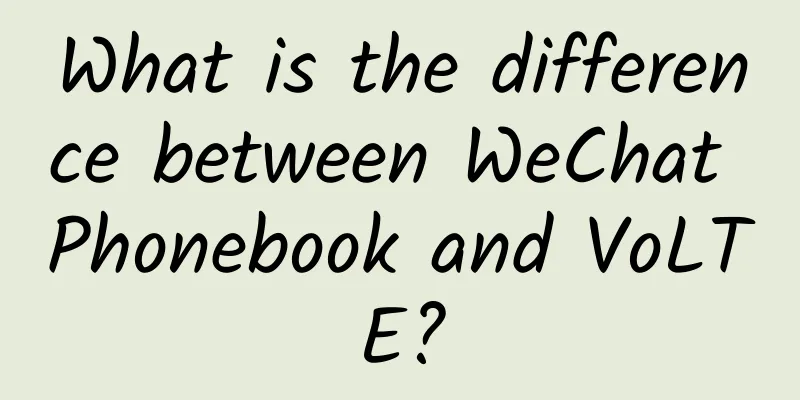The 12 Silicon Valley tech giants who pay the most attention to China

|
No one in the current technology industry can ignore China - this sentence has two meanings. First, China has become one of the most important markets for many technology companies. Second, the role played by China's technology industry itself in the world is becoming increasingly important. Based on these two reasons, many Silicon Valley tech giants have set their sights on China. The following 12 are the Silicon Valley tech leaders who are most concerned about the Chinese market and the Chinese technology industry. 1. Tim Cook
Jobs never came to China, but Cook has come many times. The reason why Cook came to China is simple, because China has become the most important overseas market for Apple products, and at the same time, China is also the production base of Apple products. 2. Elon Musk
Like Cook, the main reason Musk is optimistic about China is the Chinese market. Although Tesla has encountered many troubles and problems since entering China, it is reported that China has surpassed Norway to become Tesla's second largest export country. 3. Reid Hoffman
As the founder of LinkedIn, Hoffman has been coming to China frequently since last year. On the one hand, this is because LinkedIn needs to expand its business, and on the other hand, as a partner of GreyLock, Hoffman is also paying attention to investment opportunities in China. 4. Michael Moritz
Morris is a partner at Sequoia Capital. Sequoia China is already the largest investment institution in China, and Morris is also very concerned about the Chinese market, especially the hardware startup environment in China. He was born in the UK and moved from London to New York and then to San Francisco. If he moves again, the location may be Shenzhen. 5. Phil Libin
Many Internet companies entered China after becoming giants, and then failed in China. Libin had a different idea. He let Evernote enter China early and did quite well in China. 6. Max Levchin
As the co-founder of PayPal, Levchin's relationship with China was truly established when he founded the social gaming company Slide. Slide has an independent studio in Shanghai. After Slide was acquired by Google, Levchin went on to create Glow and Affirm, both of which involved Chinese teams. 7. Dave McClure
500 Startups is probably the most global incubator. For American companies, ignoring China means they cannot be considered global. 500 Startups has partners who specialize in the Chinese market, and Dave himself has visited China many times to learn about the Chinese technology industry. 8. Sam Altman
Many people may not be familiar with this name, but I believe everyone knows about the incubator Y Combinator. Altman is the new head of Y Combinator. Y Combinator does not seem to be as global as 500 Startups, but he once said that if he were to open a global office, China would be the first stop. 9. Tim Draper
Tim is the co-founder of the well-known investment company DFJ, and he also has deep roots in China. DFJ entered the Chinese market in 1999 and was one of the early investors in Baidu. 10. Mary Meeker
The Internet Queen's optimism and attention to China can be seen from her Internet reports. Not only did she mention China many times in her reports, she even set aside a chapter to introduce the Chinese market. 11. Steve Chen
Chen Shijun may be one of the few Silicon Valley leaders who speaks Chinese better than Zuckerberg. The co-founder of YouTube has also visited China many times. He founded Avos in China and is also an investor in Sinovation Ventures. 12. Marc Andreessen
As the founder of Netscape, Andreessen later founded the investment company Andreessen Horowitz, which has become one of the most well-known investment companies in Silicon Valley. Although they have not yet invested directly in China, they also have partners responsible for looking at the Chinese market and have always maintained a high level of attention to China. Yuri Milner
Milner is not a typical Silicon Valley tycoon. But this Russian has successfully entered Silicon Valley by investing in many Silicon Valley stars such as Twitter and Facebook. At the same time, he also has a large number of investments in China. The investment company he founded has a partner responsible for Chinese investment, and they have also invested in Alibaba, JD.com, Momo and many other Chinese technology companies. Link to this article: http://www.pingwest.com/12-silicon-valley-big-shots-who-care-about-china/ |
<<: Lizard Squad: Microsoft and Sony are idiots
>>: Anonymous social networking is no longer popular, but Secret China’s WeChat account is popular
Recommend
From 0 to 1, play with short video promotion and operation on Tik Tok!
Today we will share the following 5 major section...
In the winter, I am going to be "numbed by static electricity"! Is there anyone who can control static electricity?
When the weather gets cold Many people have added...
55-inch 4K TV sells for 7999! Is Coocaa T55 a risky move?
How much should an Internet brand TV cost? I beli...
Intelligent driving will accelerate development, and GAC Aion will become the leader in L3
On February 18, Guangdong Province held a provinc...
How many statuses are there for Baidu bidding promotion accounts? What do they mean respectively?
Many friends who have just started working in Bai...
Often feel weak and listless? Maybe you are not eating right...
This article was reviewed by Pa Li Ze, chief phys...
For the first time, this type of black hole has been discovered in the Milky Way?
An intermediate-mass black hole lurks at the cent...
Hair transplant industry - 5 recommendations for Tencent advertising
Currently, the age of hair loss is tending to be ...
Double points trading started, 56 companies failed to meet fuel consumption standards
On July 2, the Ministry of Industry and Informati...
Han EV Standard Range Luxury Edition is launched, setting a new benchmark for the value of 200,000+ mid-range and high-end pure electric sedans
Recently, BYD announced that the "world'...
McDonald’s 8.8 Membership Festival brand promotion strategy!
This year's McDonald's 8.8 Membership Fes...
After disassembling the iPhone 11 Pro Max, they discovered these secrets
Your iPhone 11 may have just arrived, but the &qu...
Douyin promotion methods, the most comprehensive guide to increasing Douyin fans!
For the promotion and operation of Tik Tok, is it...
The worse your eyesight is, the more computer games you should play?
You may have some friends around you who wear gla...
In addition to "burning money", what else can operations do?
I believe that many operations will encounter suc...









